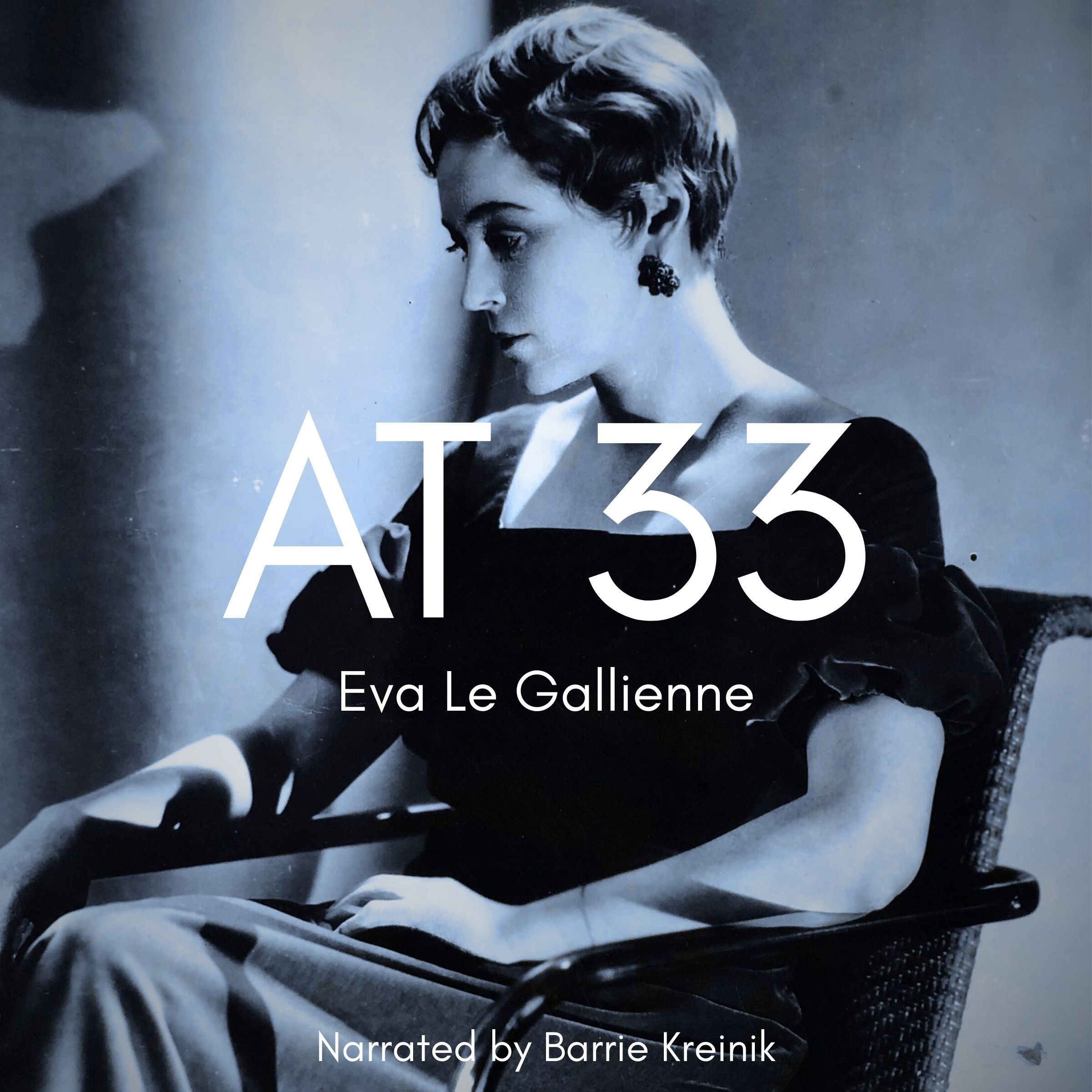Arkansas 34
Listen to Arkansas 34, a 66-year-old man from Paris, Arkansas, United States. Click or tap the triangle-shaped play button to hear the subject.
Both as a courtesy and to comply with copyright law, please remember to credit IDEA for direct or indirect use of samples. IDEA is a free resource; please consider supporting us.
BIOGRAPHICAL INFORMATION
AGE: 66
DATE OF BIRTH (DD/MM/YYYY): 03/07/1953
PLACE OF BIRTH: Paris, Arkansas (west-central Arkansas, in the Arkansas River Valley)
GENDER: male
ETHNICITY: white (half Polish ancestry)
OCCUPATION: retired (agricultural researcher for 35 years)
EDUCATION: master’s degree in agriculture from the University of Arkansas
AREAS OF RESIDENCE OUTSIDE REPRESENTATIVE REGION FOR LONGER THAN SIX MONTHS:
The subject has lived his entire life in Arkansas except for two years in northern California and one year in eastern Montana.
OTHER INFLUENCES ON SPEECH:
Growing up, his mother asked him to speak only proper “Arkansas English.”
The text used in our recordings of scripted speech can be found by clicking here.
RECORDED BY: Ben Corbett
DATE OF RECORDING (DD/MM/YYYY): 06/02/2020
PHONETIC TRANSCRIPTION OF SCRIPTED SPEECH: N/A
TRANSCRIBED BY: N/A
DATE OF TRANSCRIPTION (DD/MM/YYYY): N/A
ORTHOGRAPHIC TRANSCRIPTION OF UNSCRIPTED SPEECH:
My father’s name was Stanley, and he was born in 1910 in Denning, Arkansas. My father’s parents were both from Poland, and they’d immigrated separately around 1900 and met in a Polish community in New York City, and then moved to Arkansas, um, so that my father’s (my grandfather, my father’s father) could work in the coal mines, which he had experience doing in, in, uh, Poland. So, there are several coal mines in the Arkansas River Valley, and the one in Denning was very active then. So, he first went to work there.
Um, I thought it was interesting that my father was born the day they arrived from New York City on a train, um, the same day. My, the story is that his mother — uh, he had one older sister, and his mother carried that child some two or three miles, uh, to their home from the railroad station and then gave birth to my father that same day. So, he was very proud of his Polish heritage, uh, not that he talked about it a lot. But, but, uh, he certainly had a little bit of a chip in his shoulder. My mother told me he experienced quite a bit of discrimination as a child. Uh, they would call Poles and Czechs, uh, “hunks” and “bohunks” and “slabs,” and, uh, she said he even got rocked going to school at times. But he grew up to be a very tough man. Uh, I can attest to that myself, and also stories I’ve heard over the years about fights he got into, um, many of them related to his heritage. But, uh, he was always, uh — Polock jokes were always welcome in our home, uh, as long as a Polock was telling them. But if anybody else did, he had a problem with it, unless it was a close friend.
But he act — he worked in the coal mines himself for some forty years, uh, first in the Altus-Denning area. Then after he and my mother married, they moved to Paris [Arkansas]; uh, it’s kind of an interesting part of that to me was that, uh, he’d taken a job in the mines, you know, the Paris, “The Black Jewel,” it was called. And, uh, couldn’t afford to move my mover, my mother over there at first. So he got a room at a boarding house and worked a few months. And then, um, my mother’s uncle loaded all of her belongings up in a trunk, and he delivered her over there, and they had a small apartment after that. So, uh, he worked in the mines as long as they were active. I think, uh, OSHA sort of shut down underground mining because of the dangers that there. But, uh, but after that, he worked construction. Had a real strong constitution. I’ve never known him to miss a day of his work in his whole life.
And, um, mining was very dangerous in those days, especially. Uh, I remember when I was very little going to wakes for people who’d, uh, been killed in mining accidents, and my mother’s father was killed in a mining accident, and, uh, there’s a memorial to the coal miners in Arkansas near Altus; and, uh, I can go down there and my father, my mother’s, uh, name — her name was Shirley before she married. There are a number of the Shirleys who got killed in the coal mine, as well as some Dombeks. So, it was, it was a very good living and, uh, he had a couple of months off in the summer to fish and do what he wanted to do. But it was hard and dangerous work. Um, it’s, I think his last job with the mines. He was a what was called a pit boss. And, uh, that wuh, that’s the underground boss for a shift. And he would go to work in the mines at, like, 4 o’clock in the morning, uh, but he would actually go down there about the time he arrived, and they had a little seat with an engine on it. And he would ride that once he got to the shaft, and he would ride that, uh, to where they were actually digging out the coal by hand. And, uh, check with the, uh, the current shift boss and, uh, find out what the problems were, if there was any danger and so forth. And he would go back to the top and lead his crew down there for their shift. …
TRANSCRIBED BY: Ben Corbett
DATE OF TRANSCRIPTION (DD/MM/YYYY): 19/05/2020
PHONETIC TRANSCRIPTION OF UNSCRIPTED SPEECH: N/A
TRANSCRIBED BY: N/A
DATE OF TRANSCRIPTION (DD/MM/YYYY): N/A
SCHOLARLY COMMENTARY:
The subject’s initial consonant sounds are particularly percussive, notably in /p/, /s/, /k/, and /b/. The second vowel of the diphthong /aɪ/ (PRICE) either diminishes significantly or disappears completely before both voiced and unvoiced consonants (private, five, fire, liking, implied, mines, tire, nineteen, finally, right side, fight, ride, myself, price, wiped). The diphthong /eɪ/ (FACE) changes to /aɪ/ (PRICE) almost uniformly (plain, dangerous, taken, name, wakes, day, stations, train, discrimination) before both voiced and unvoiced consonants. Vowel /u/ (GOOSE) can be preceded by either a schwa /ə/ (COMMA) (duke, goose) or /ɛ/ (DRESS) (into). Ending /ŋ/ (TALKING) becomes /n/ when it finishes a two-syllable word (working, singing, telling). /ɛ/ (DRESS) sometimes precedes long vowel /i/ (FLEECE) (treatment, he, me, seat). /ɛ/ (DRESS) becomes /ɪ/ (KIT) (ten, Denning). /ɪ/ (KIT) occasionally approaches /i/(FLEECE) (itchy).
A schwa /ə/ (COMMA) can precede the diphthong /oʊ/ (GOAT) (coal). Diphthong /oʊ/ (GOAT) can, in turn, occasionally become /aʊ/ (MOUTH) (home). The diphthong /aʊ/ (MOUTH), in turn, can occasionally reduce its second vowel significantly (down).
Vowel /ɑ/ [palm] becomes vowel /ɔ/ [thought] in the world “Arkansas.”
“Old” drops its final consonant.
Notice the use of the phrase “chip in this shoulder” and the pronunciation of the anagram “OSHA.”
COMMENTARY BY: Ben Corbett
DATE OF COMMENTARY (DD/MM/YYYY): 20/05/2020
The archive provides:
- Recordings of accent/dialect speakers from the region you select.
- Text of the speakers’ biographical details.
- Scholarly commentary and analysis in some cases.
- In most cases, an orthographic transcription of the speakers’ unscripted speech. In a small number of cases, you will also find a narrow phonetic transcription of the sample (see Phonetic Transcriptions for a complete list). The recordings average four minutes in length and feature both the reading of one of two standard passages, and some unscripted speech. The two passages are Comma Gets a Cure (currently our standard passage) and The Rainbow Passage (used in our earliest recordings).
For instructional materials or coaching in the accents and dialects represented here, please go to Other Dialect Services.
 IDEA: International Dialects of English Archive
IDEA: International Dialects of English Archive




